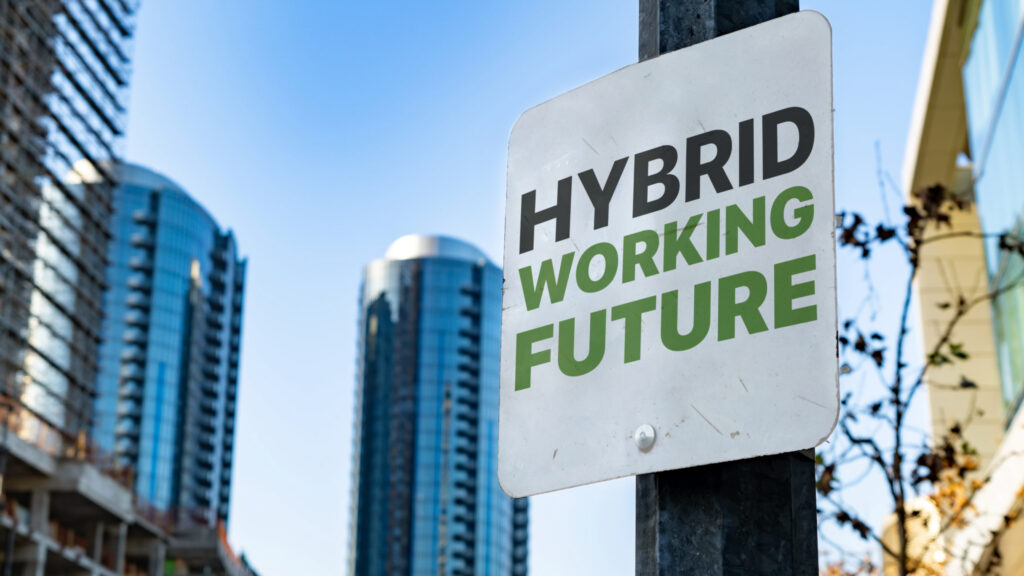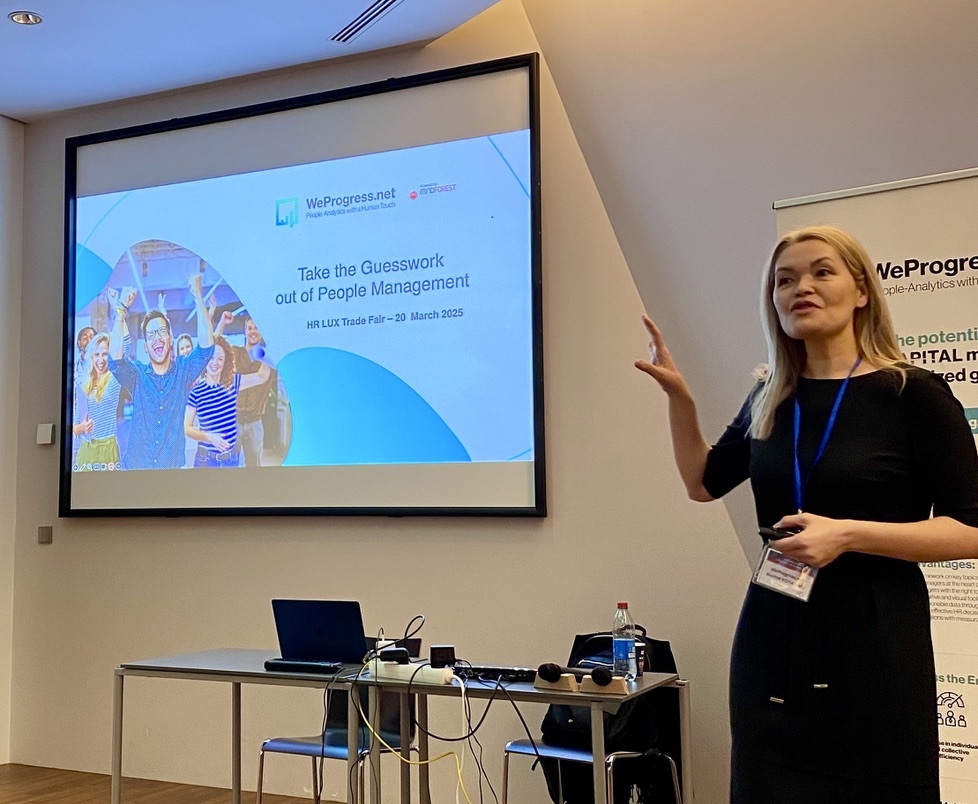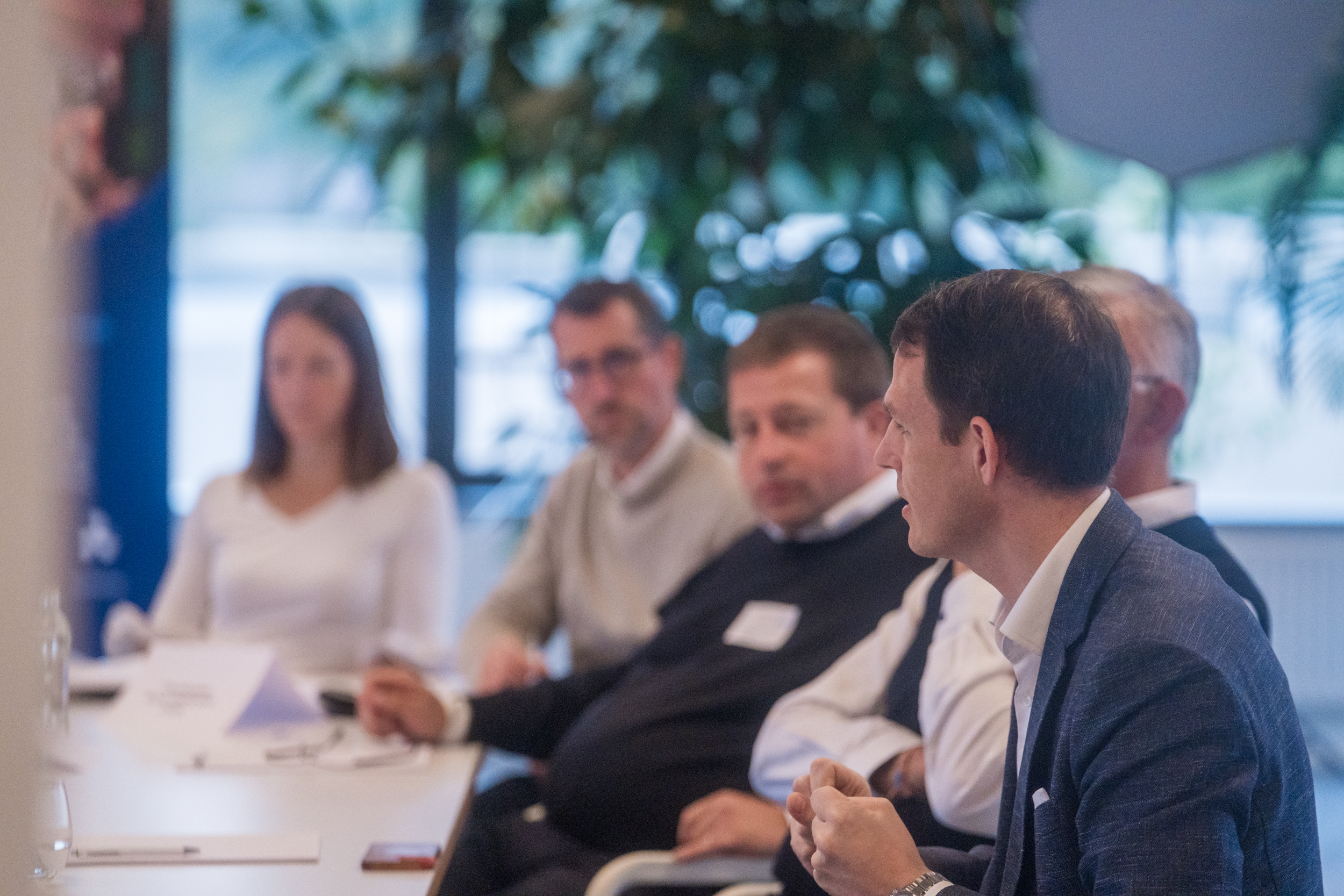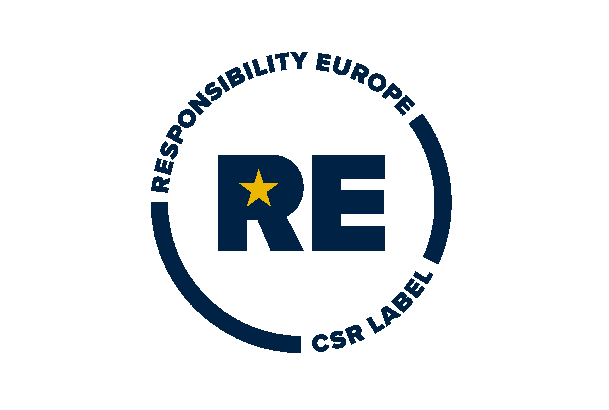The Future of Work
Many articles have already been written on this subject and there will be many more to come, as companies around the globe try to identify the model, which works best for their business and their employees. So much has changed during the past months. It seems that the initial shockwave of the pandemic has largely subsided, as companies find ways to maintain and even optimize their operations, and the economy is preparing for the so-called post-pandemic boom, but something else has changed.
Remote working: not so bad after all?
After their initial scepticism towards remote working, many employees – including their managers – have embraced it as a means of achieving greater flexibility and autonomy whilst maintaining productivity levels. Habits have changed, many prefer being able to swap the tedious daily commute for flexible working hours and have learnt how to create the best work-life balance for them. Inevitably there is no one fits all solution, some prefer an early start, whereas others want a long break during the day and are happy to work in the evening and so on.
The challenge will be to make it possible for everyone to agree on how to work together in future. Everyone agrees that future working models will be hybrid, but does that mean everyone will be at the office on the same days?
In reality it should entail an in-depth assessment of which work can easily be carried out remotely and which most benefits from physical interaction. Only then can the question of who will be where when be tackled. This may not make meeting planning any easier!
People may return to work, but some tasks won’t
Similarly, many tasks have changed, so inevitably job assignment will too. New priorities may be established, which in turn necessitate retraining and upskilling: making the workforce future proof by assessing short, medium and long-term requirements. Investing in your employees’ skillsets will show them that you believe in them and value their contributions; you do not want to risk losing your best talents. And there is an increased risk of just that happening. Many have come to appreciate rediscovered pleasures, such as spending time with their children, and are starting to reappraise their life goals. Is the long commute really worth the effort, could we manage on less if I took a job locally and benefitted from more personal time? Many are asking themselves these questions and are making conscious choices.

Sustainability has come to stay
This trend also aligns with growing awareness of the need for greater sustainability. More and more companies see the need to demonstrate their awareness of the need for social and economic sustainability in order to retain and attract talents and their performance is being judged more critically: you really need to walk the talk! Employees are talking about social architecture and questioning the missions, values and policies of the companies they work for. Companies which do not listen to their employees and find out what they want, will find it increasingly difficult to remain attractive on the marketplace. But how many managers are used to listening? Again, the paradigm swing highlights the need for managerial training. New hierarchical structures, new task alignment and greater auto-responsibalisation all necessitate new managerial skills and emotional intelligence.
In this context, one could also see the question of employee wellbeing, which is being widely discussed. Listening to your employees should go a long way towards ensuring that future solutions are acceptable, after all such blanket suggestions as forbidding all email exchanges outside normal working hours (e.g. 08:30 – 18:00) will quickly alienate all those staff members who are currently able to benefit from greater flexibility.
What about employee loyalty?
One should also remember the role of employee loyalty: to colleagues if not to managers. This used to play an essential role in reducing staff turnover, but as teams are distanced and new employees join the company, who have never met their colleagues in person let alone “bonded” with them, the likelihood of being tempted to change employer becomes far less daunting. If your main workplace is your home, well away from office politics and dress codes, you can envisage to change.
Many companies have recognised the need to maintain social contacts among their teams and they will now reap the benefits, as the others where employees really only are “resources” struggle to recruit and capitalise on existing competences.
Ensure your approach is as fair as possible
During this debate, it is also important to bear in mind that some tasks really cannot be carried out from home. There are the obvious fields of healthcare, services and commerce, but also elements of workplace tasks which depend on physical presence. Employers must avoid creating a two-tier approach where some employees feel underappreciated; make them understand that their contribution is vital to the way the company functions. Of course, it may be that some employees prefer to revert to a clear cut between work and home; they should also be welcome to return to the workplace albeit probably with a need to adapt to new processes and task attribution, just like their remote colleagues.

Corporate strategy and culture are decisive
In actual fact, much depends on the corporate strategy: how does the company see itself in the future and how can this be achieved? To quote Simon Sinek “We don’t buy cars to use more fuel”[1] . What is the corporate strategy with relation to its physical offices? Is the overall aim to downsize and reduce the number of people at the office? What will office space predominantly be used for? How can the employee office experience be improved to make them value it, for example by providing concierge services, concentrating on creative activities, etc. How can the corporate culture be upheld and strengthened? There are many questions for which it is too early to frame the answers, but one thing is certain:
the world of work will not be the same as it was at the beginning of 2020.
WANT TO RECEIVE OUR LATEST THOUGHT LEADERSHIP CONTENT?
Related posts
 Take the Guesswork out of People Management
Take the Guesswork out of People Management
 From processes to people: achieving quality
From processes to people: achieving quality
 Daring to lead Positive Transformation: What if Positive Emotional Capital was your key to sustainable change?
Daring to lead Positive Transformation: What if Positive Emotional Capital was your key to sustainable change?
 Why hire Change management professionals? We can do it alone!
Why hire Change management professionals? We can do it alone!
 Digital Transformation and Change Management: Lessons shared in an event hosted by Cebi and MindForest
Digital Transformation and Change Management: Lessons shared in an event hosted by Cebi and MindForest



